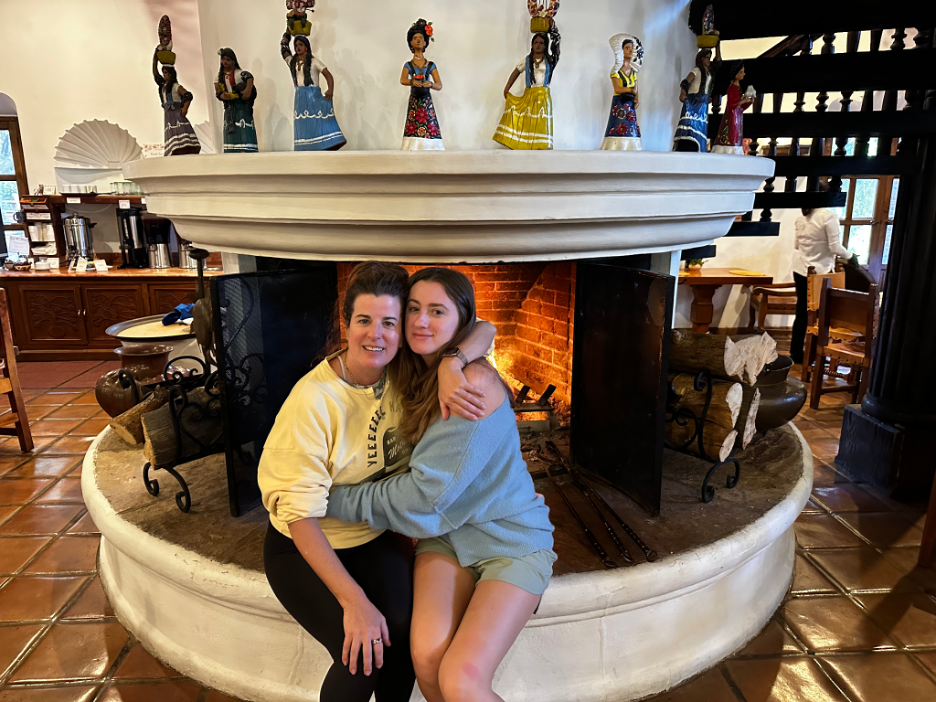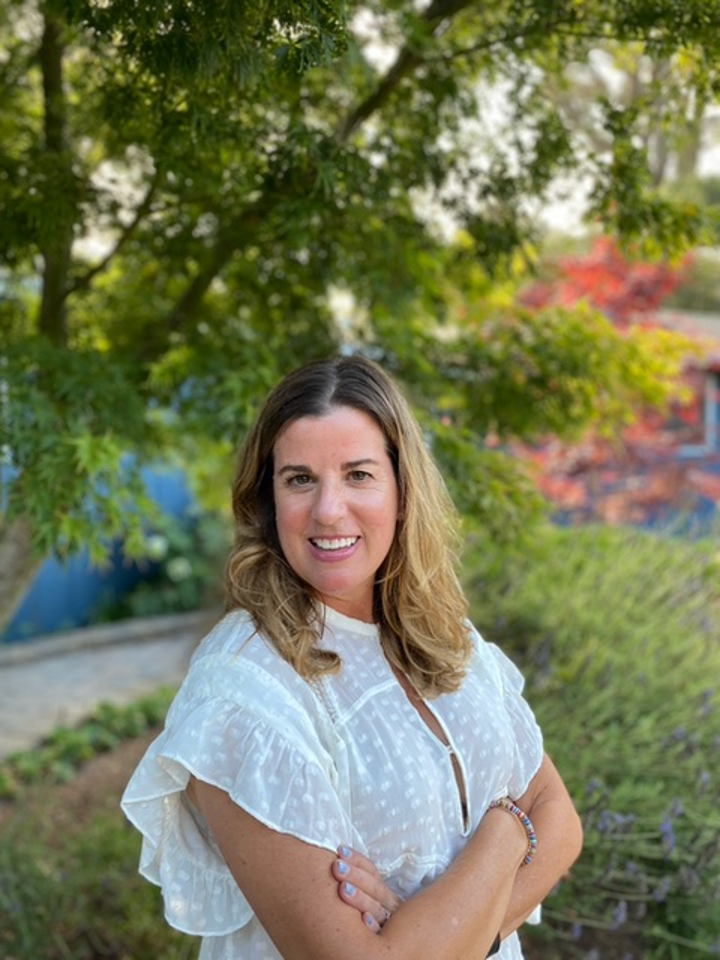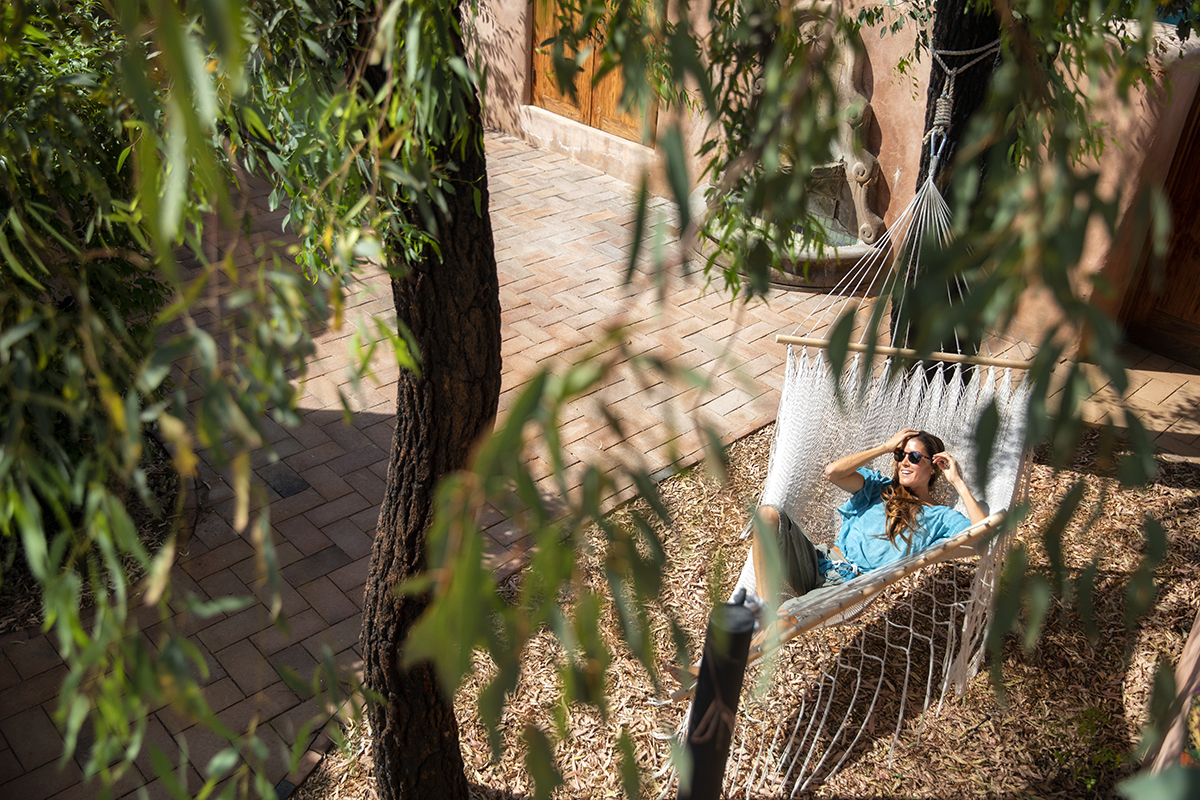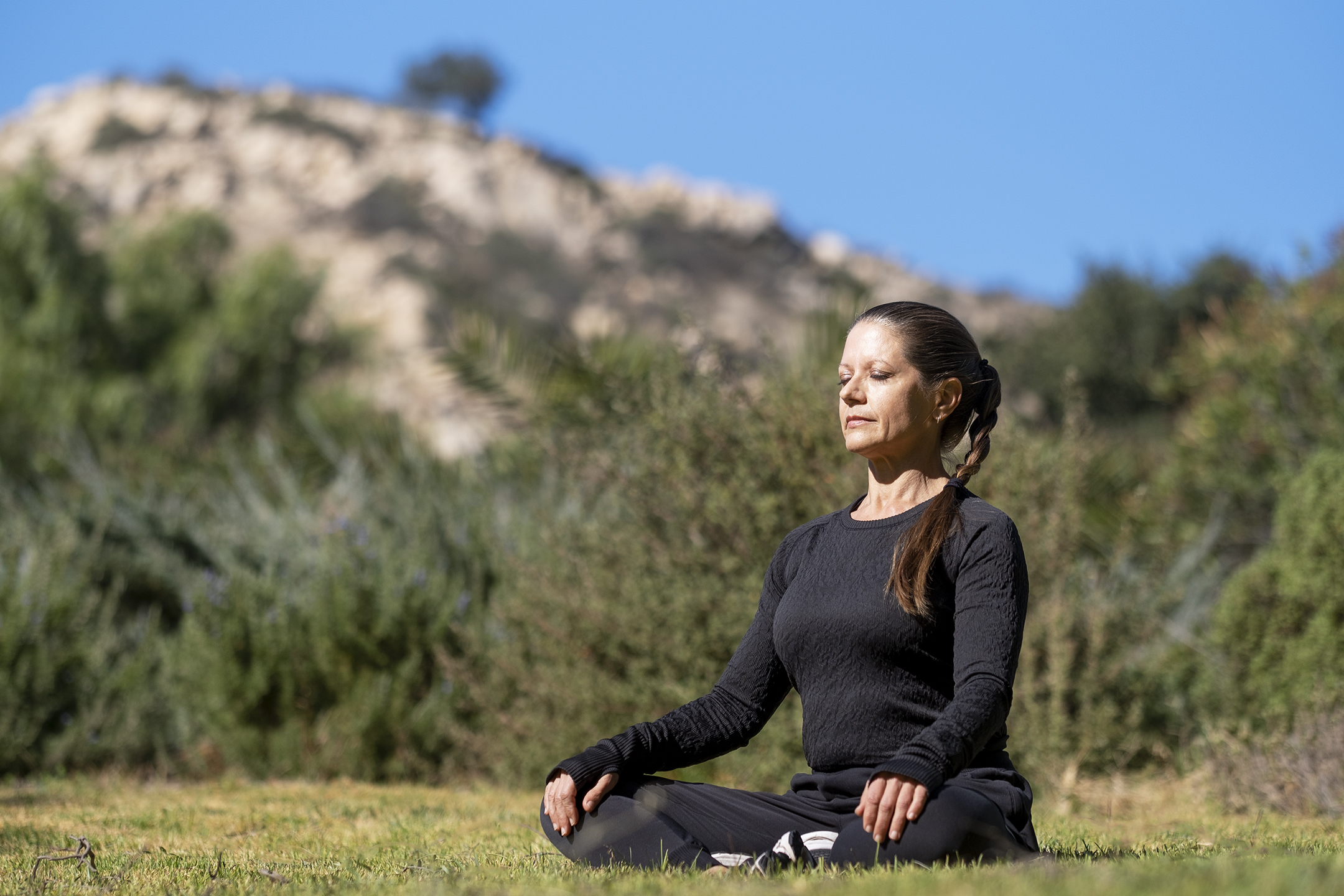How to be Flexible, Open-minded, and Make Healthy Compromise

Let’s face it, we all get into ruts: we eat the same thing for breakfast, we choose the same exact spot in a workout class, or we engage in conversation solely with those whose views align with our own. Just like physical muscles, mental flexibility and open-mindedness are muscles that need to be exercised regularly to grow stronger. Our brains are like gardens, with neural pathways acting as the established paths. Through curiosity, new experiences, and conversations, we can expand our neural pathways, increasing the brain’s flexibility and strengthening its collaborative problem-solving ability.
Exercise your flexibility and open-mindedness muscles regularly, just as you would go to the gym.
Exercising our flexibility ‘muscle’ allows us to adapt to change, improve our interpersonal relationships, and experience greater creativity. I’ve got a new college graduate who returned home with four years of memorabilia and precious objects in tow. I remind myself to be patient when I grow frustrated with the stack of boxes. I know the clutter is temporary (as is her presence in our home), so I work on my flexibility to successfully collaborate with my daughter to re-home these precious items.
How can we improve our mental flexibility and open-mindedness?
It can feel uncomfortable, but with regular practice, our brain develops new pathways, making space for mindset shifts. Just as we would hit the gym or the trails to exercise our physical body, we also need to exercise our flexibility and open-mindedness muscles.
Mental flexibility exercises to try:
- Put yourself in situations that feel new or different.
- Sit in a new place in class, in a meeting, or at home.
- Go a different way to school, work, or your favorite activity.
- Try a beginner’s mindset. Approach familiar situations as if you were a beginner without preconceived notions.
- Cultivate curiosity: Approach new situations with a sense of inquisitiveness rather than preconceptions or assumptions.
Open-mindedness practices to try:
- Read books and articles by authors with different viewpoints, especially those you might disagree with.
- Engage in respectful conversations with people with different backgrounds, experiences, and beliefs.
- Approach new information and experiences with a sense of wonder and curiosity.
- Learn a new skill or take a class on a topic you know little about.
- Be gentle with yourself as you practice. Open-mindedness is a journey, not a destination; it takes time and effort to develop.
Remember that this is a practice. Implementing any practice takes time and work, and it can feel uncomfortable at times. Start small, and as you have success, raise the bar. Be gentle to yourself as you step into new territory and imagine the new neural pathways that are emerging!
Even with flexibility and open-mindedness, sometimes we need collaborative problem-solving skills.
Even with a foundation of open-mindedness and flexibility, we can still reach an impasse with one another. In a relationship, perhaps one person is an introvert and the other an extrovert, making weekend planning challenging. It’s natural to encounter situations where different viewpoints need to be reconciled. Is there such a thing as a healthy compromise? Do both parties give up what they want and are both miserable? Does one person win, and another lose? Is there another alternative? We can call it collaborative problem-solving.
Remember, healthy compromise is a two-way street. It’s about finding creative solutions that meet the needs of both parties while fostering respect and understanding in your relationship. The extrovert goes out one weekend day with others, leaving the introvert home to recharge; they go to a combined social activity in the evening.
Before you decide to engage in collaborative problem-solving or healthy compromise, consider these tips:
- Understand your non-negotiables: Before finding common ground, consider your core values and boundaries – what can you bend on, and what absolutely won’t budge? This clarity ensures compromise strengthens your bond with the other person, not weakens your sense of self.
- Protect your boundaries: Compromise shouldn’t come at the expense of your well-being, where compromise feels more like a constant concession. Remember, saying no when a compromise violates your core values or sense of self is okay.
- Be wary of potential resentment: Avoid giving up something that will cause the other party to resent you.
- Seek win-win solutions: Strive for a compromise that satisfies both parties rather than a win-lose scenario in which one party feels like they lost out completely.
- Consider long-term implications and the big picture: when structuring the compromise, it’s important to consider not only the immediate resolution but also the bigger picture, the long-term implications, and the sustainability of the agreement.
Remember that open-mindedness, flexibility, and healthy compromise (or collaborative problem-solving) are journeys, not destinations. Be patient as you encounter new ideas and situations, and be cautious about judging yourself for finding this difficult at times. Ironically, the only way to overcome resistance is to accept it as a natural byproduct of doing something new. Celebrate your progress, and know that with each small step, you are cultivating a richer, more adaptable way of thinking that will benefit all aspects of your life.

Laura Francis, a member of our inner fitness team, presents the Curiosity Unleashed series. She brings over 30 years of diverse experience to her work as a career & life coach. Featured in the New York Times and American Public Media, Laura is an expert on teen, young adult, and midlife. Laura is an ICF-certified life coach, an active member of the Forbes Coaches Council & a designing your life certified coach. She brings curiosity, open-mindedness, active listening, and thoughtful analysis to her work.


